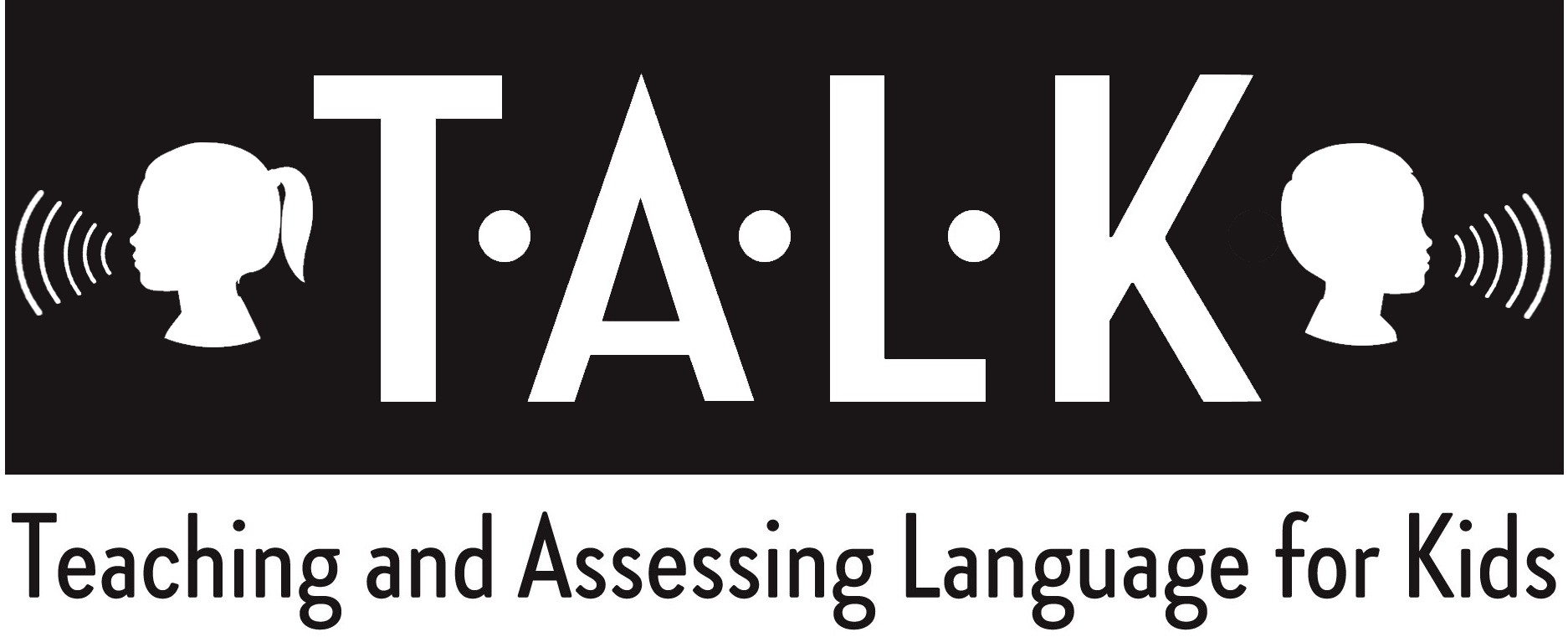Effective Ways to Praise a Child
Our words matter! And they can have lasting impacts on children’s development and self-esteem.
How often do our children’s positive behaviors go unnoticed? How often do we focus our praise on innate abilities (“You’re so smart!”) and the goal (“You finished all your dinner!”) instead of the effort or attempts? How often do our children hear vague and disingenuous praise like “Good job?”
Our words matter! And they can have lasting impacts on children’s development and self-esteem. Research tells us that genuine, specific, and effort-based praise increases children’s innate motivation, confidence, and self-esteem.
Take a moment and think about the difference between “You have to put away your toys” and “I love how you cleaned up all your Legos.” Which will make your child more likely to put away his or her toys faster and more independently next time?
How about: “You’re so smart” versus “I love how much time and thought you put into writing that book report.” Which will encourage your child to work hard and independently when a difficult project is assigned next week?
Kids become more self-motivated when their attempts and curiosity are supported. They start trying and doing things simply because they enjoy trying and doing them. What’s more, self-motivated kids tend to have better mental health and wellbeing down the line.
Children with speech and language or any type of learning difficulty need to be reminded that the process of working towards a goal can be just as impressive as reaching it.
This being said, we do not need to praise our children each time they do something well or try something new. Praise needs to be genuine. Research tells us that inflated praise can make kids lose trust in your praise and make them less likely to take on new challenges. Inflated praise can also make kids have inaccurate senses of their own strengths, become overconfident, and act cocky.
Next time your child does something well, think about using sincere, specific, and effort-based praise like “I love how you tried eating your green beans” or “I’m proud you took the time to do self-edits on that assignment.” Encouraging others to do the same might very well help us build more independent, self-assured, and curious children.

